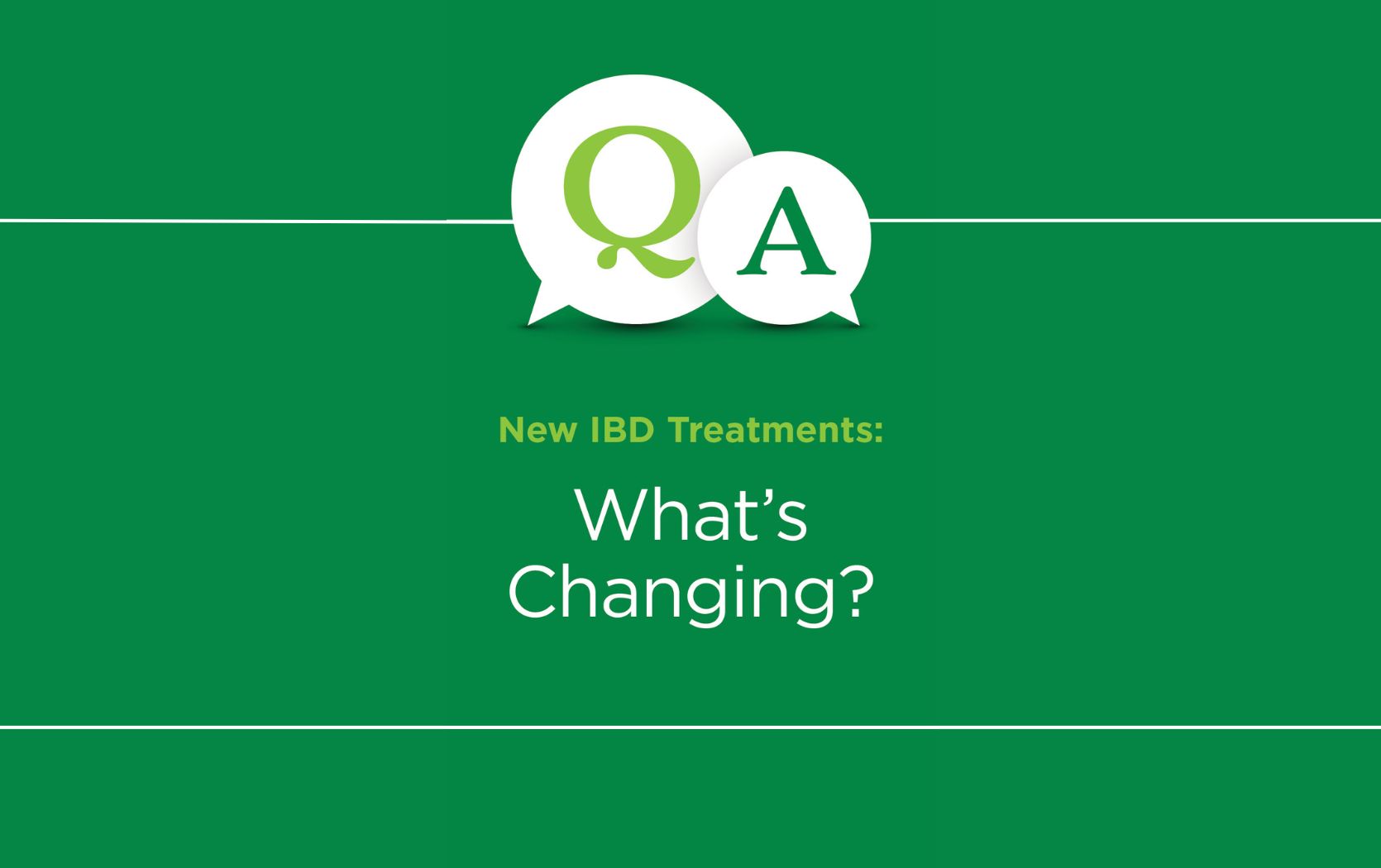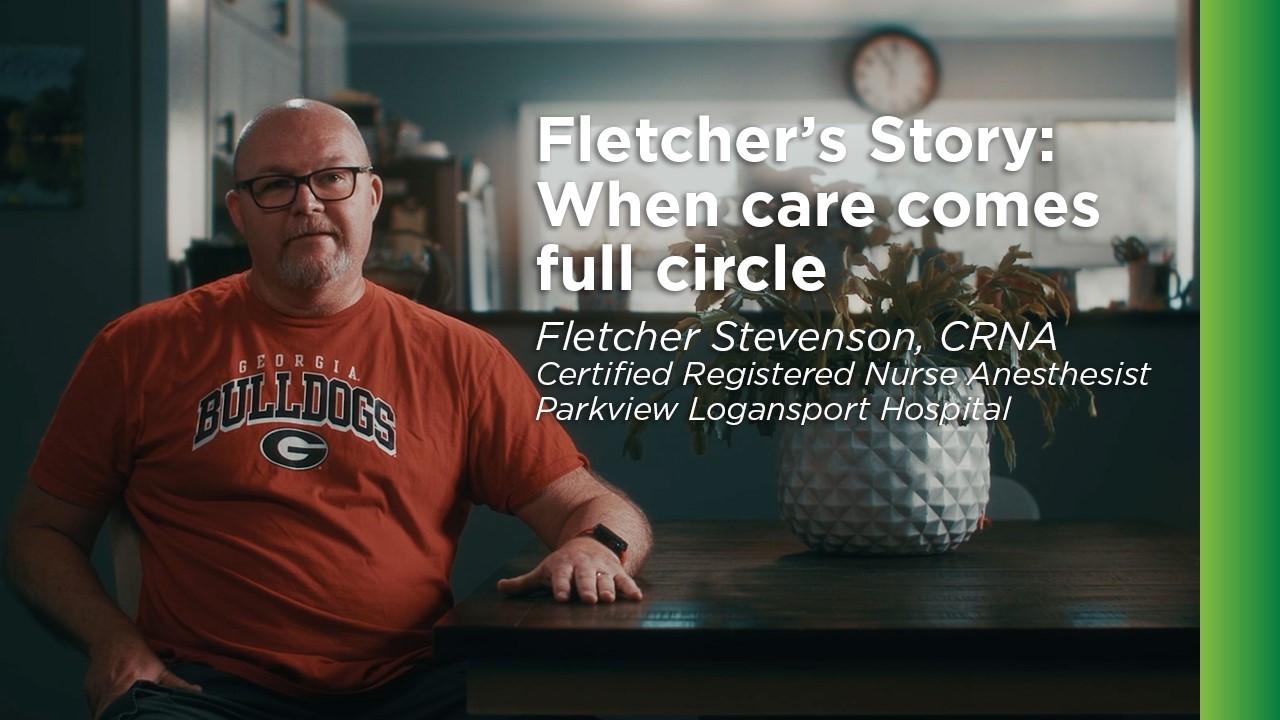September is World Alzheimer's Month –- the Alzheimer's Association encourages everyone to wear purple on Friday, September 21, which is Alzheimer's Action Day, to show your support.
Do you have a loved one with dementia? Surely we have all been touched in some way by the scourge of Alzheimer's.
According to the Alzheimer's Association, one in eight older Americans suffers from Alzheimer's disease, and it is the sixth leading cause of death in the United States. An estimated 230,000 people in Ohio and 120,000 people in Indiana over age 65 are living with Alzheimer's today.
Alzheimer's is a form of dementia, or decline in memory and brain function. The earliest symptom of Alzheimer's is memory loss. Short-term memory is typically impaired, whereas events of long ago are preserved early in the disease. As the disease progresses, memory worsens and language becomes increasingly affected. At first, there might be difficulty finding words or remembering names, but eventually comprehension and conversation are severely affected. A person with Alzheimer's may wander or get lost in familiar places, and over time will have difficulty with daily activities, like dressing or feeding. Personality can even be affected, leading to withdrawal and lack of interest in activities, or even agitation and aggressive behavior. The Alzheimer's Association has compiled a checklist of 10 warning signs to look for as early indicators of the disease.
If you suspect that a loved one has early Alzheimer's, go with them to an appointment with their primary care provider. The doctor will likely ask some questions and perform an examination, order some lab testing and perhaps an MRI of the brain. There is no test for Alzheimer's, but testing can help to rule out other causes of memory loss or personality change.
Sadly, Alzheimer's always progresses. The average survival after diagnosis is approximately eight years. There is no cure, but there are two types of medications that may help slow the progression of the disease: cholinesterase inhibitors (like Aricept®, Razadyne® or Exelon®) and memantine (Namenda®). Often they are used in combination. The benefits of the medication are hard to evaluate in any individual, since they do not improve memory – they only slow the memory loss.
Risk factors and prevention
Risk factors for developing Alzheimer's include age and a family history of Alzheimer's. Not much is known about prevention. Recent studies have shown that gingko biloba is not helpful in preventing Alzheimer's. There is conflicting data about whether folic acid, omega-3-fatty acids and vitamins E and C are helpful and so none of these is routinely recommended for prevention at this time. Mounting evidence suggests that regular exercise, social interaction and "cognitive leisure activities" (like word puzzles or memory games) may be helpful.
Caregiver support
Support for caregivers of people with Alzheimer's is very important. Caregivers bear a heavy burden (and often, they do it alone). The Alzheimer's Association has special resources available for caregivers. In my community, we are fortunate to have an adult day care program that can offer respite. Home health agencies can provide assistance as well. If you live in the Fort Wayne area, Parkview Health neurosciences staff coordinate a support group for Alzheimer's. Ultimately, people with advanced Alzheimer's may require so much help that they need to be placed in an extended care facility, ideally with a specially designed dementia unit.
Share your stories with others
Please feel free to share your story about Alzheimer's, and any suggestions you may have for others, below. Also, I encourage you to "like" and share this blog post on Facebook with others, in order to raise awareness about Alzheimer's diagnosis, treatment and research. It is only through more research that someday the problem of Alzheimer's will be a distant memory.
Alzheimer's Association. 2012 Alzheimer's disease facts and figures. Alzheimer's and Dementia: The Journal of the Alzheimer's Association. March 2012; 8:131–168.
Aricept® is a trademark of EISAI R&D Management Co., LTD.
Razadyne® is a trademark of Johnson & Johnson




